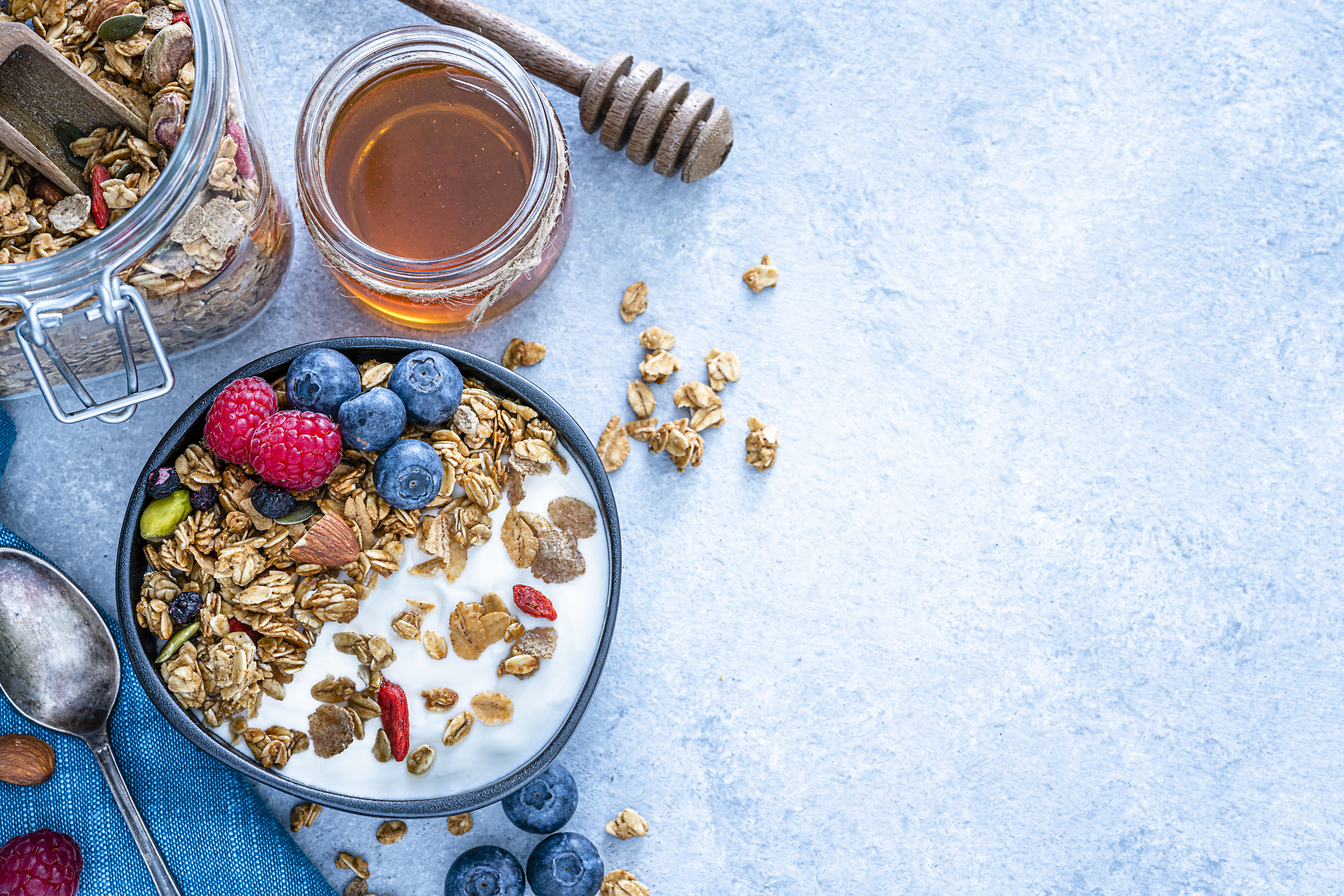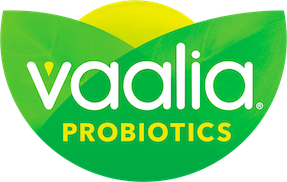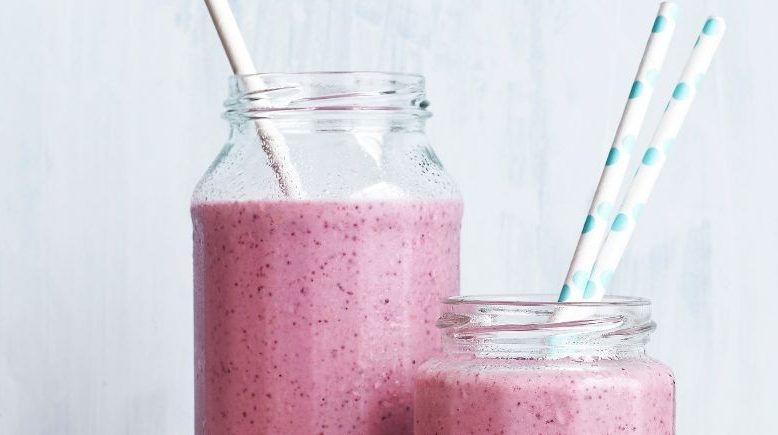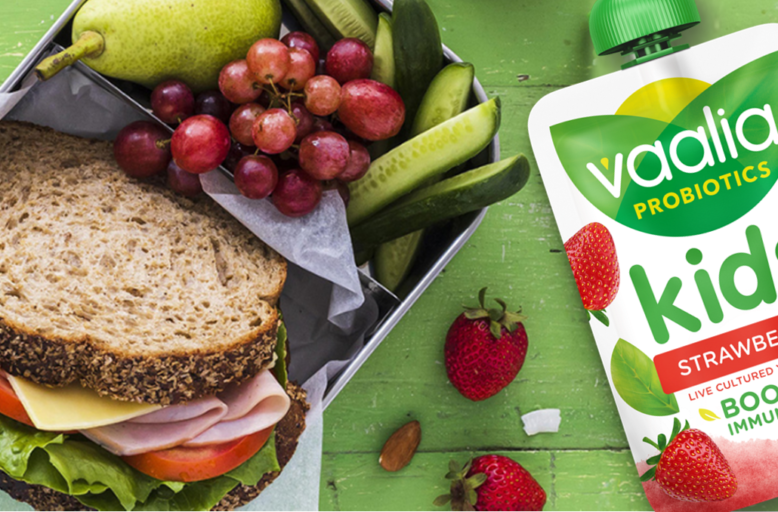Listen to your gut: A dietitian explains how to find the right probiotics for your gut health
11 August, 2022

By Jaime Rose Chambers, Accredited Practicing Dietitian (B. Nutrition & Dietetics)
Why is gut health important?
As we learn more and more about the gut, one thing is clear: the health of our gut is crucial for the effective functioning of almost every system of our body. Yet half the nation reports they experience unpleasant symptoms of an unhealthy gut, such as bloating, gas and constipation¹.
Our gut is responsible for so many important functions of the body – it breaks down our food so we can access nutrients that help to run our body, it communicates with our brain to regulate appetite and mood, and it forms a barrier to stop bad bugs entering our body and making us sick.
Around 70 percent of immune activity occurs in the gut where immune cells are produced, as well as certain vitamins such as vitamin K. It’s also where metabolites are produced when gut bugs break down fibre, which can help reduce inflammation. The gut can also impact our ability to manage our weight and our risk of some chronic diseases.
How to tell if your gut needs attention
The ‘gut’ we’re talking about is mainly the small and large intestine, where trillions of microbes from many different species live, each with their own unique food source and job. When this ecosystem is disrupted – usually due to a change in diet, certain medications or infection – it can cause problems with our health.
The way this may present to me in clinic includes a change to bowel habits like diarrhoea and/or constipation, bloating, excessive gas and flatulence or heartburn.
Research shows there are some strains of probiotics that may specifically target certain medical concerns. However, for the general population, eating a variety of probiotic foods every day, which provide a variety of probiotic strains, in conjunction with a diet rich in prebiotics, can help to maintain the integrity and strength of the gut.
Simple switch-ups you can make in your diet
Probiotic foods provide a direct dose of healthy bacteria to the gut, which exert their health benefits on their way through the gut. You can find probiotic foods by looking for product labels that say, ‘contains probiotics’. The more probiotic strains, the better, with each strain having at least 1 billion CFU (colony-forming units) per 100g.
Examples include Vaalia Probiotic Kefir Yoghurt, Vaalia probiotic yoghurt – which contain three probiotics – kefir and some brands of kombucha. Including these in your diet can be as simple as swapping out your current yoghurt for a probiotic or probiotic kefir yoghurt in your smoothies, snacks or breakfast, or subbing out a fruit juice for a kombucha.
Prebiotics on the other hand are the fibrous material found in plant foods and are the food source our gut bacteria adore. The key is to eat a wide range of plants every day, including wholegrains, nuts, seeds, fruits, vegetables and pulses.
I suggest that a third of your plate at lunch and dinner has at least three different coloured vegetables, another third of the plate is a source of wholegrains and the final third is a lean protein. Simple swaps can make this easy, such as upgrading white rice to brown rice, cous cous to quinoa, white pasta to wholemeal pasta and white potato to sweet potato.
Or look for yoghurts and other foods that have prebiotic fibre like Vaalia Probiotic Kefir yoghurts. You can find this in the ingredient list or on the front of the packaging.
References:
¹https://www.csiro.au/~/media/News-releases/2018/gut-health-to-tackle-obesity/1800623-Gut-health-and-Weight-loss-Report–Jan-2019FINALlrsinglepag.pdf
https://health.clevelandclinic.org/gut-microbiome/
https://www.livescience.com/what-is-gut-health-and-why-is-it-important
https://health.clevelandclinic.org/butyrate-benefits/
https://health.clevelandclinic.org/how-to-pick-the-best-probiotic-for-you/
https://www.ncbi.nlm.nih.gov/pmc/articles/PMC3144392/#:~:text= Thiamine%2C%20folate%2C%20biotin%2C%20riboflavin,by%20gut%20bacteria%20%5B33%5D.






